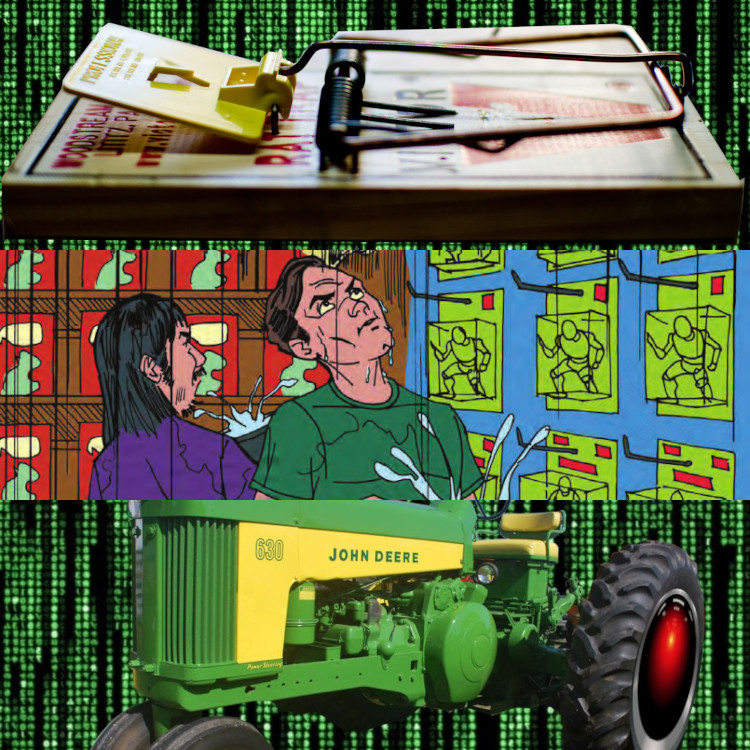
One of the great sf/comics/collectibles stores in America is Houston's @3rdPlanetOnline. One of the worst-managed hotels in America is the Crowne Plaza River Oaks, who happen to be Third Planet's next door neighbors.
1/
1/

The Crowne Plaza River Oaks is home to routine "physical assault, sexual assault, public disturbances, criminal mischief, burgalry, theft and other criminal activities," which are "permitted to occur on hotel premises."
2/
2/
Among the many downsides of owning the business next to this hotel? They permit guests and residents to congregate on the fire escape and hurl garbage ("ceramic mugs, plates, silverware, bottles...cinderblocks, luggage racks and ladders") into Third Planet's roof.
3/
3/
This led to Third Planet replacing their roof, then paying for a series of repairs to the new roof. The hotel management ignored their pleas. In Mar 2019, hotel residents launched a volley of 14+ fire extinguishers at the store, which exploded on impact.
4/
4/
The store's structure - and its merchandise, including one-of-a-kind, irreplaceable items - have suffered damage. The roof is a goner. The hotel guests and residents continue to pelt it with garbage. Enough is enough.
5/
5/
Third Planet's lawsuit against the Crowne Plaza is a marvel of clear legal writing, but that's not all - it's ALSO A COMIC BOOK ILLUSTRATING THE STORE'S COMPLAINT, starting on P6.
drive.google.com/file/d/1u4a6hw…
6/
drive.google.com/file/d/1u4a6hw…
6/

I've read a lot of legal briefs, but this one is literally a work of art.
eof/
eof/
ETA - If you'd like an unrolled version of this thread to read or share, here's a link to it on pluralistic.net, my surveillance-free, ad-free, tracker-free blog:
pluralistic.net/2021/07/07/ins…
pluralistic.net/2021/07/07/ins…
• • •
Missing some Tweet in this thread? You can try to
force a refresh













